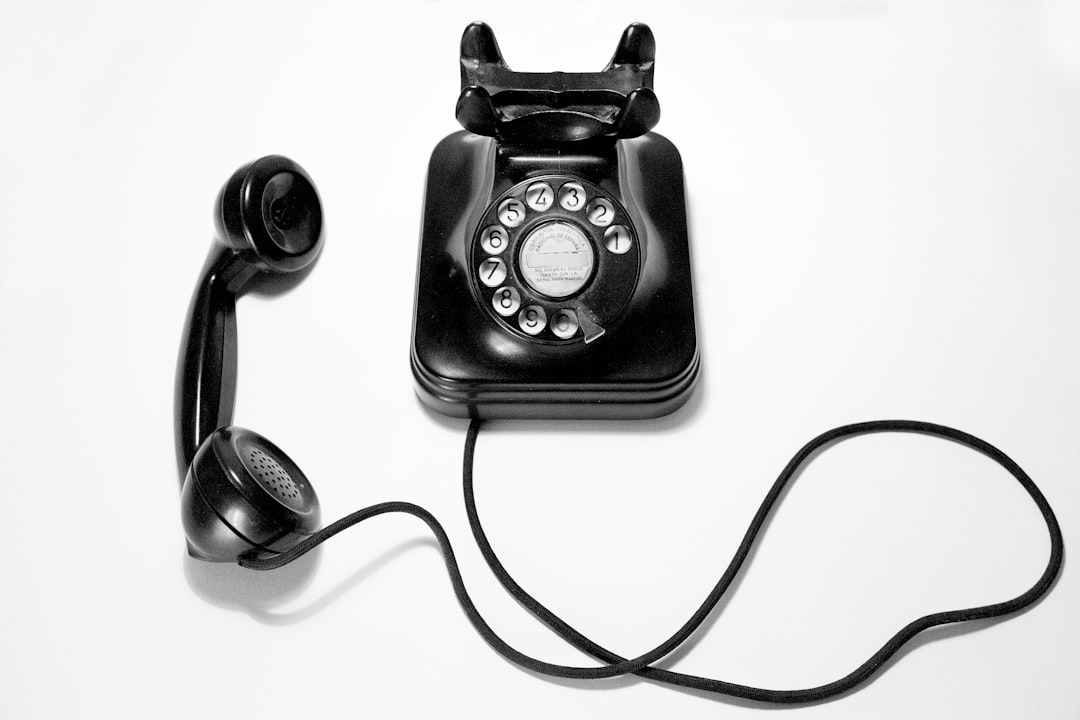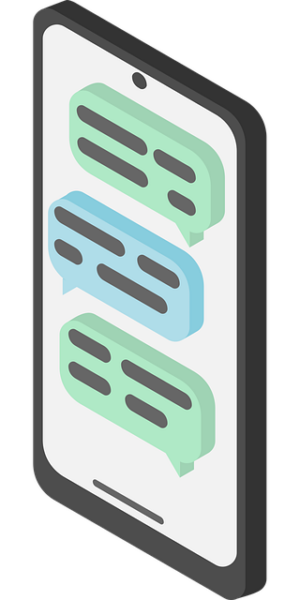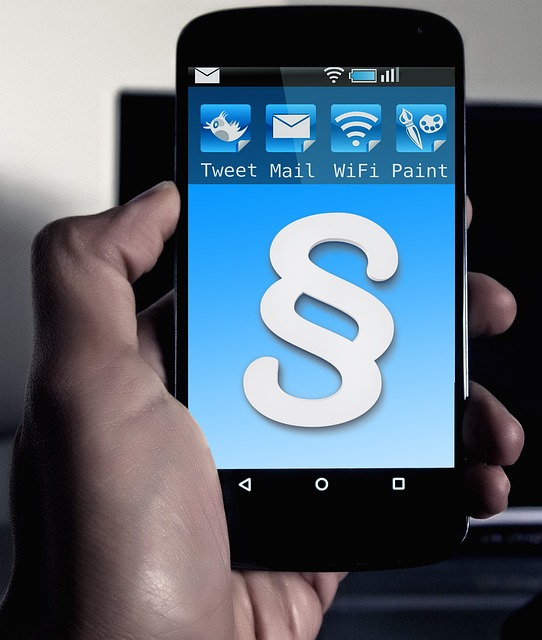In West Virginia, autodialers streamline healthcare communication but pose legal challenges under federal laws like TCPA and state regulations such as HIPAA. An autodialer lawyer in Charleston is crucial for navigating these complexities, ensuring patient privacy, obtaining consent, preventing data breaches, and adhering to stringent cybersecurity standards. By balancing technology's benefits with regulatory compliance, healthcare providers can avoid penalties, protect patients' rights, and maintain community trust.
“In the digital age, healthcare practices in West Virginia are increasingly adopting autodialer technology to enhance patient outreach. This innovative system, however, brings legal complexities, particularly regarding compliance and patient privacy. This article delves into the intricacies of autodialers, exploring their impact on the healthcare industry in Charleston and offering insights from an autodialer lawyer West Virginia experts. We navigate the legal landscape, focusing on regulations, compliance strategies, and managing liability associated with these automated dialing systems.”
Understanding Autodialers: The Technology and Its Impact on Healthcare in West Virginia

In West Virginia, as across the nation, autodialers have become an integral part of healthcare communication strategies. This technology allows for automated, large-scale phone calls to patients, streamlining appointments and reminders. However, its implementation comes with legal implications that healthcare providers and their attorneys must navigate. An autodialer lawyer in West Virginia can help ensure compliance with regulations like the Telephone Consumer Protection Act (TCPA), which restricts unsolicited telemarketing calls and requires consent for automated messages.
Understanding how these systems work is crucial. Modern autodialers utilize advanced algorithms to dial numbers en masse, deliver pre-recorded messages, and even personalize content based on data. While this enhances efficiency in healthcare settings, it also raises concerns about patient privacy, consent, and the potential for nuisance calls. An attorney specializing in autodialer law can guide healthcare organizations in West Virginia through these complexities, ensuring they protect patient rights while leveraging technology to improve care delivery.
Legal Considerations: Regulations and Compliance for Autodialer Use in Charleston

In Charleston, West Virginia, the legal considerations surrounding the use of autodialers in healthcare are governed by a blend of state and federal regulations. Healthcare organizations employing autodialing systems must navigate strict privacy laws, primarily the Telephone Consumer Protection Act (TCPA) and the Health Insurance Portability and Accountability Act (HIPAA). These laws restrict the manner in which automated calls, including those made by autodialers, can be placed, with a particular focus on consent and Do Not Call lists.
Autodialer lawyers in West Virginia play a crucial role in ensuring compliance with these regulations. They help healthcare providers understand when and how to use autodialing legally, including obtaining proper patient consent for automated calls related to treatment, billing, or appointment reminders. Moreover, they guide organizations on preventing unauthorized access to autodial systems and implementing robust data security measures to safeguard patient information. Adhering to these legal perspectives is essential to avoid costly penalties and maintain the trust of patients in Charleston’s healthcare community.
Navigating Liability: Protecting Patients and Practices with Autonomous Dialing Systems

Navigating Liability is a crucial aspect when implementing Autonomous Dialing Systems in healthcare, particularly for practices in West Virginia. As an autodialer lawyer would advise, these systems carry potential risks, especially concerning patient privacy and data security. With automated dialing, there’s a heightened risk of unauthorized access or breaches, which can lead to severe legal consequences.
Practices must ensure they have robust measures in place to protect patient information. This includes encrypting data, implementing strict access controls, and regularly training staff on cybersecurity best practices. By doing so, healthcare providers can mitigate potential liabilities and maintain compliance with relevant privacy laws, such as HIPAA (Health Insurance Portability and Accountability Act), thereby safeguarding both patients’ rights and the integrity of their practices.






